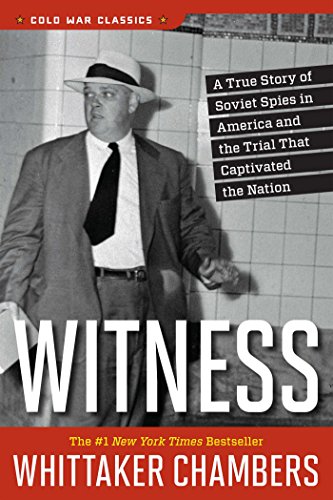Sublime
An inspiration engine for ideas
As, that winter, farmers began to march in what might have been the prelude to revolution, as the nation’s great banks began to close, Washington still did nothing substantive. A great nation was collapsing, and its government, of which the Senate had once been a pillar, seemed paralyzed, utterly unable to prevent the collapse. Senators came to the
... See moreRobert A. Caro • Master of the Senate: The Years of Lyndon Johnson III
The idea that the political process had been fixed behind the scenes seemed in some ways worse than the open violence of the previous decades. Cicero captured the point nicely when he observed that in Pompey’s notebook there was a list not only of past consuls but of future ones too.
Mary Beard • SPQR
Although duplicity and secret deals were not the monopoly of one particular group, the British seem to have been particularly guilty in their wish to destroy the Empire and its symbol of power.
Anne Davison • THE MUGHAL EMPIRE ('In Brief' Books for Busy People Book 7)
The man that the Times article reported as being both “sadder” and “wiser” than when he was first imprisoned went on to construct one of humanity’s darkest regimes, ignited a war that killed tens of millions of people, and engineered the world’s first program of mechanized genocide, making him the last person a reader of the Times should think “was
... See moreAshley Rindsberg • The Gray Lady Winked: How the New York Times's Misreporting, Distortions and Fabrications Radically Alter History
The Senate’s victory over the Treaty of Versailles proved again that the powers given that body by the Founding Fathers were strong enough to stand against the power of the executive and the power of public opinion—strong enough to stand, if necessary, against both at once. “Ultimately,” as Burns has written, “Wilson’s League was not killed by him,
... See moreRobert A. Caro • Master of the Senate: The Years of Lyndon Johnson III

Aubrey Woolls-Sampson.